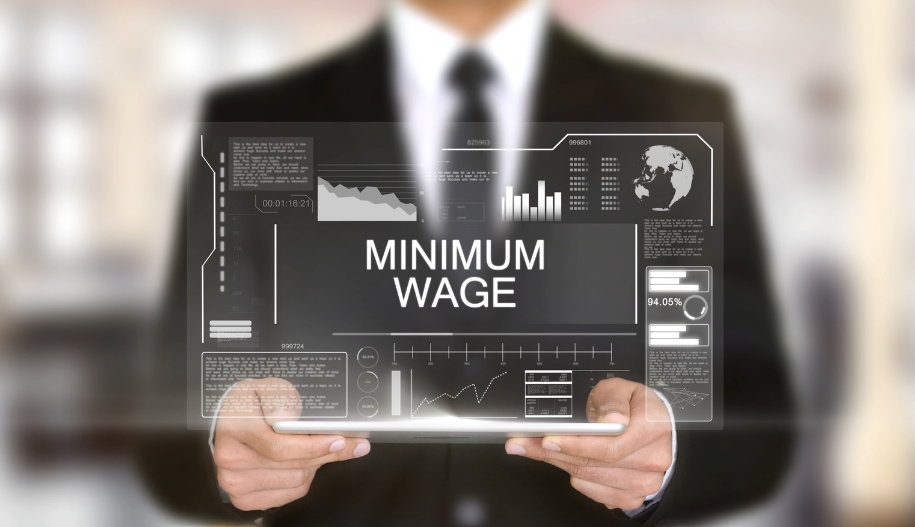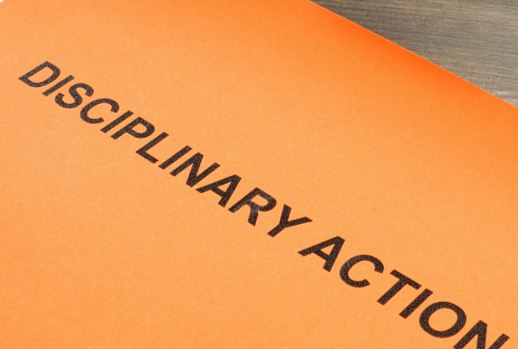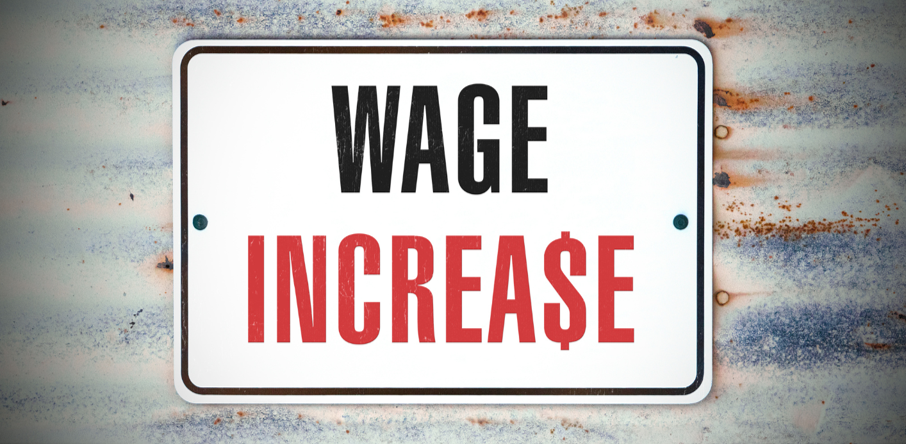
Workplace Harassment: Balancing Employer and Employee Responsibilities

Workplace Harassment: Balancing Employer and Employee Responsibilities
In the NUMSA & TL v PRASA Labour Court matter (September 2021), the landscape of workplace harassment in South Africa was been brought into focus. This case highlights not only the employer's responsibilities but also the crucial obligations of employees in addressing and preventing workplace harassment.
The case involved an employee, T.L., who alleged sexual harassment by two managers at PRASA (Passenger Rail Agency of South Africa) between 2013 and 2014. However, T.L. only formally reported the incidents in late 2016, nearly three years after they allegedly occurred.
Under the Employment Equity Act (EEA), sexual harassment is classified as a form of unfair discrimination. Section 60 of the EEA outlines the conditions under which an employer can be held vicariously liable for employee misconduct, including harassment.
The NUMSA & TL v PRASA case underscores a crucial aspect often overlooked in discussions about workplace harassment: the employee's responsibilities. The court's ruling emphasized two key obligations of employees:
1. Timely Reporting: Employees must report harassment "as soon as reasonably practicable." In this case, T.L.'s delay of 2-3 years in formally reporting the incidents was deemed too long.
2. Cooperation in Investigations: Once a formal complaint is made, employees are expected to assist in the investigation process. T.L.'s lack of cooperation with PRASA's investigation efforts was noted by the Court.
While the case highlighted employee obligations, it also reaffirmed the importance of employer responsibilities:
1. Preventative Measures: PRASA had an appropriate sexual harassment policy in place, which the court viewed favourably.
2. Prompt Action: Once formally notified in 2016, PRASA took reasonable steps to investigate the allegations.
Despite finding that T.L. had indeed been sexually harassed, the court ruled that PRASA was not liable under Section 60 of the EEA. This decision was based on T.L.'s failure to report the incidents immediately and her subsequent lack of cooperation in the investigation.
This ruling sends a clear message: addressing workplace harassment is a shared responsibility. While employers must create safe environments and respond promptly to complaints, employees play a crucial role in timely reporting and facilitating investigations.













































































